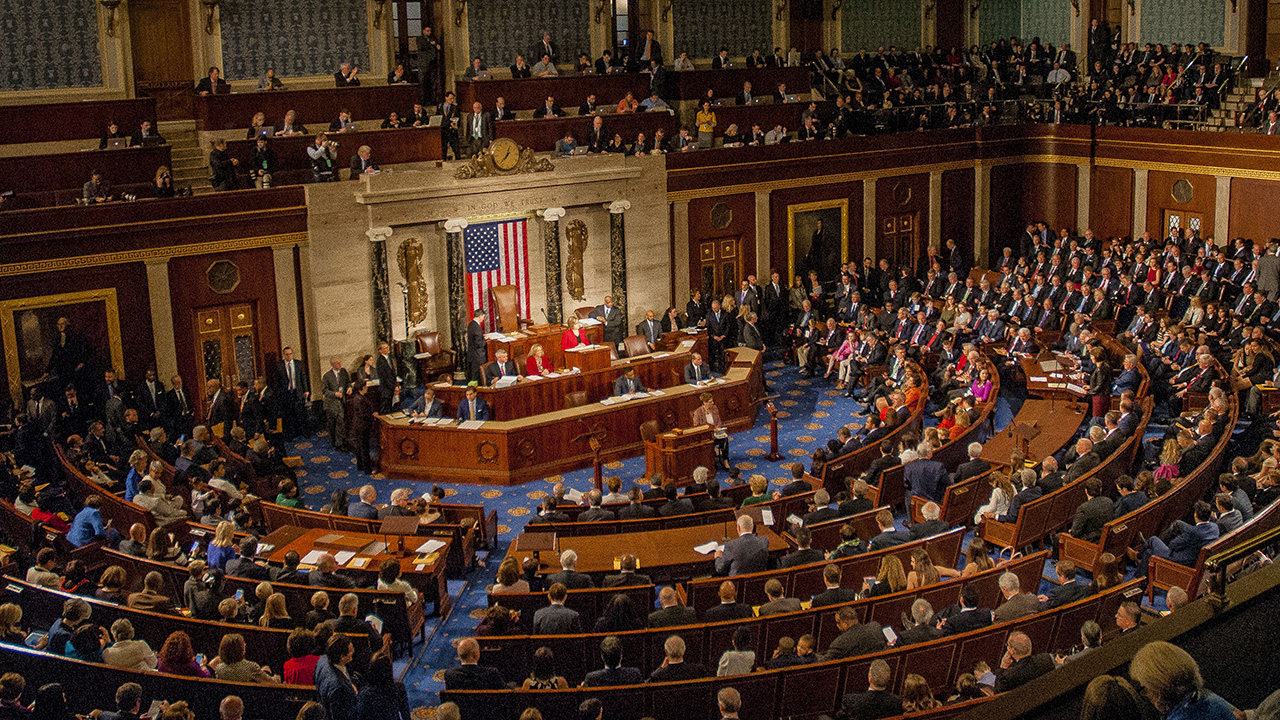The United States Constitution places Congress as a coequal branch of the Federal Government and specifically makes clear its authority to regulate and hold accountable the actions of the President, even in the field of foreign affairs. Federal statutes also lay out the mechanisms by which private arms sales can be made to foreign governments: all sales must be made by a licensed firm, approved by the Department of State (DOS) and are subject to legislation by Congress to supersede the administration’s authorization. Unfortunately, mustering the votes for a veto override is extremely difficult in an age when President Trump has such a firm stranglehold on his party, so much so that it has never been accomplished. That is not to say that Congress has not tried. Since 2017 Congress has thrice passed joint resolutions of disapprovals for arms sales in the Gulf and all three times they have been vetoed.
While leveraging arms sales is one of the most effective ways for Congress to exert its constitutional authority and have a say in matters of foreign affairs, it is far from being the only method. In the past five years 69 bills have formally been introduced in at least one house of Congress attempting to inhibit various Gulf Cooperation Council (GCC) states, or the U.S. relationship with them. These range from yearly resolutions introduced by Senator Wyden commemorating the anniversary of the Pearl Roundabout in Bahrain, to a bill requiring the DOS to produce yearly reports on educational material released by the Saudi Ministry of Education. While Saudi Arabia received the most scrutiny with 53 bills calling them out by name, the UAE and Bahrain, who while being smaller countries commit equally horrific human rights atrocities, also acquired fierce condemnation. A 2015 bill introduced by Representative McGovern and Senator Wyden would have halted all arms sales to Bahrain until the DOS determined that all 23 Bahrain Independent Commission of Inquiry (BICI) recommendations had been implemented. This piece of common-sense legislation did not even receive a vote in committee.
Flagrant human rights abuses in the Gulf, which have been consistently taking place for decades, only truly garnered national and congressional attention after the assassination of Jamal Khashoggi in 2018. The evidence was so clear and the moral wrongdoing so absolute, that even a deluge of spending from Saudi employed PR firms and a robust public defense from President Trump was not enough. A bill that required the release of names and the sanctioning of every Saudi national involved in the assassination passed the House and was introduced into committee in the Senate, but has never been sent to the President’s desk and would likely not be signed even if it was. It is tragic evidence of the Saudi and American military-industrial influence over Congress when even bills asking for the bare minimum are immediately shunned.
While money is the ultimate arbiter of power in Congress (to which GCC states indirectly donate millions of dollars nearly every year), public opinion and social movements can swell to create real change, despite institutional barriers. Khashoggi’s cruel and unusual cold-blooded murder was one of many comparable atrocities, but his work with The Washington Post and the crime’s occurrence in Turkey made it the perfect spark that finally ignited a well-deserved fury against Saudi Arabia. One hopes this righteous anger will be brought to the 117th Congress and continue to pick up steam: Saudi Arabia and other despotic regimes in the Gulf must be held accountable for their crimes by specific legislative action. Financial sanctions and the barring of access to American soil for those involved in any human rights abuse, as enabled by the Magnitsky Act, is a potent first step. However, all aspects of our relationship, including the billions of dollars in annual arms sales and extensive military cooperation, must be leveraged to stem these atrocities. Congress has both the ability and the responsibility to do so much more.





